Wendy Speakes murder: Daughter's bid to end 'ordeal' of parole hearings
- Published
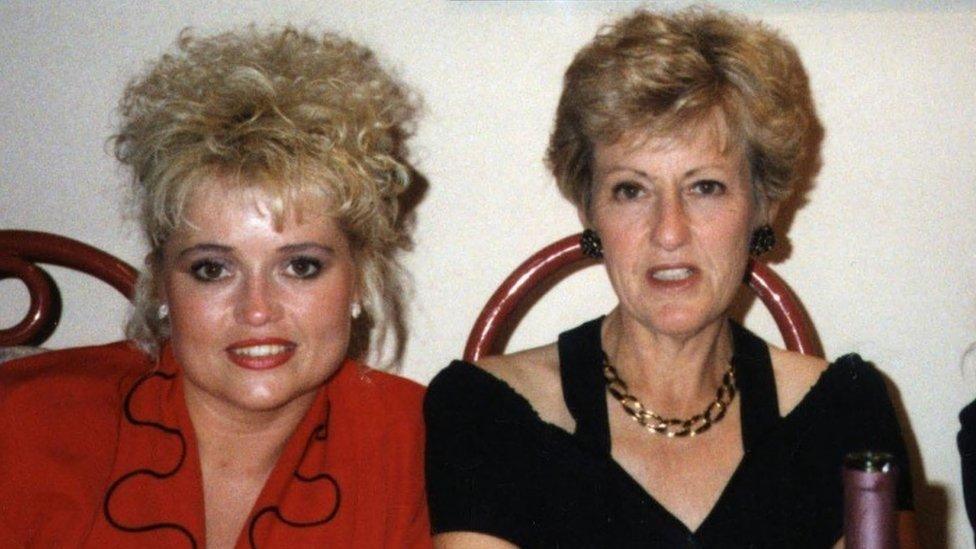
Tracey Millington-Jones, whose mother Wendy Speakes was murdered, wants parole hearings to be less frequent
A woman whose mother was raped and murdered 30 years ago has launched a campaign to change the parole process.
Christopher Farrow was jailed for life in 2000 and ordered to serve at least 18 years for the 1994 murder of Wendy Speakes at her home in Wakefield.
Since his minimum term ended in 2018, Mrs Speakes' daughter has attended parole board hearings every two years to argue against his release.
Tracey Millington-Jones said she feared he would "strike again" if let out.
She said returning to prison so regularly was an "ordeal" for the relatives of murder victims and urged the government to increase the length of time between parole hearings.
Despite the trauma of the current parole process, Ms Millington-Jones stressed: "There is no way I am ever going to give up".
"The alternative is that you don't put yourself through it and walk away," she told the Local Democracy Reporting Service, external.
"Some people do that because it is so tough and you have to be strong.
"But I can't do that. I feel that I would be letting my mum down and I would be letting down women in general."
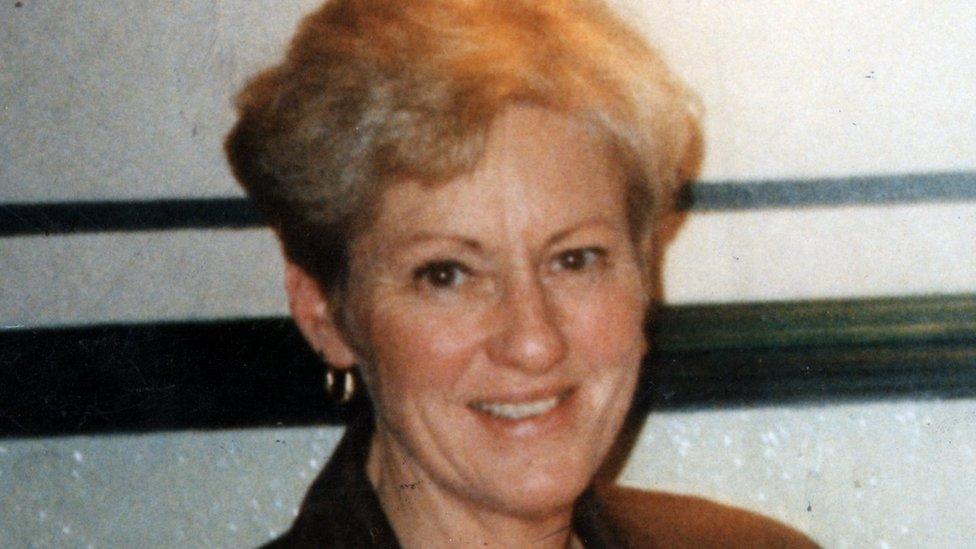
Wendy Speakes was attacked in her home by Christopher Farrow
Ms Millington-Jones, who now lives in Essex, said: "Next May will be my fourth hearing in six years, I feel I never get time to catch a breath.
"I spend months preparing a victim impact statement, then have to face the ordeal of going into the prison, where the man who murdered my mum is being kept, to read it out."
She said she had been in contact with other relatives of murder victims troubled by the parole process.
They plan to lobby the government to increase the length of time a prisoner must wait following a failed release application, which the government confirmed was currently "within two years".
"It will take time, there will be legal challenges, we need to get a lot of people involved," she said.
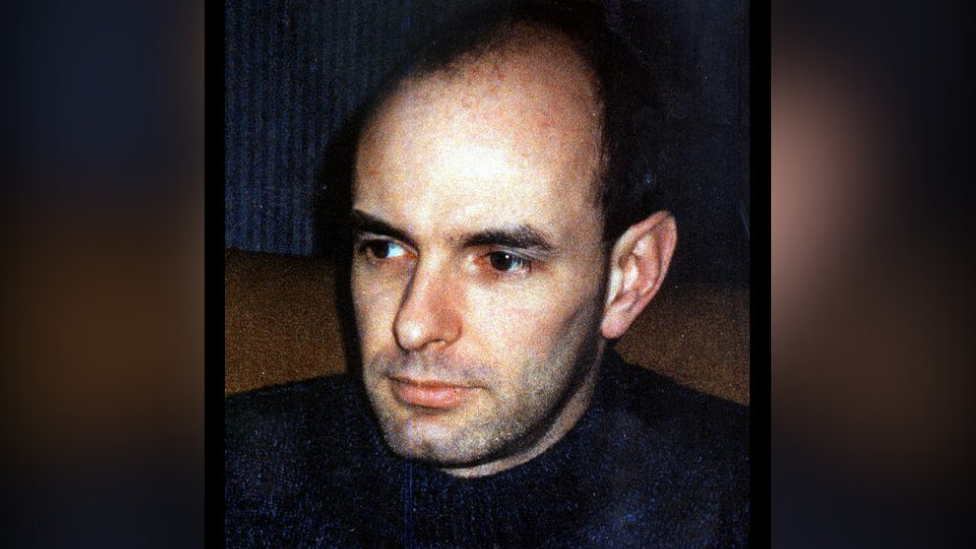
Christopher Farrow had his last parole bid rejected, with documents stating he was "likely to reoffend"
Joanne Early, the CEO of the charity Support After Murder and Manslaughter (SAMM National), said: "Having parole hearings every two years re-traumatises the victims and takes them back to the day of the murder each time.
"It takes months to recover from the process and because of the amount of time it takes, they only get a few months grace before they have to go through it all over again."
She said the current timeframe was "unacceptable" and "unfair" to the affected families and the period between parole reviews should be "a lot longer".
Working with Victims Commissioner Claire Waxman to submit evidence, the charity hopes victims' experiences will be improved with the passing of new legislation currently being considered by parliament.
Although the Victim and Prisoners Bill does not mention lengthening the timeframe between parole bids, it will assign new powers to the Secretary of State to veto decisions.
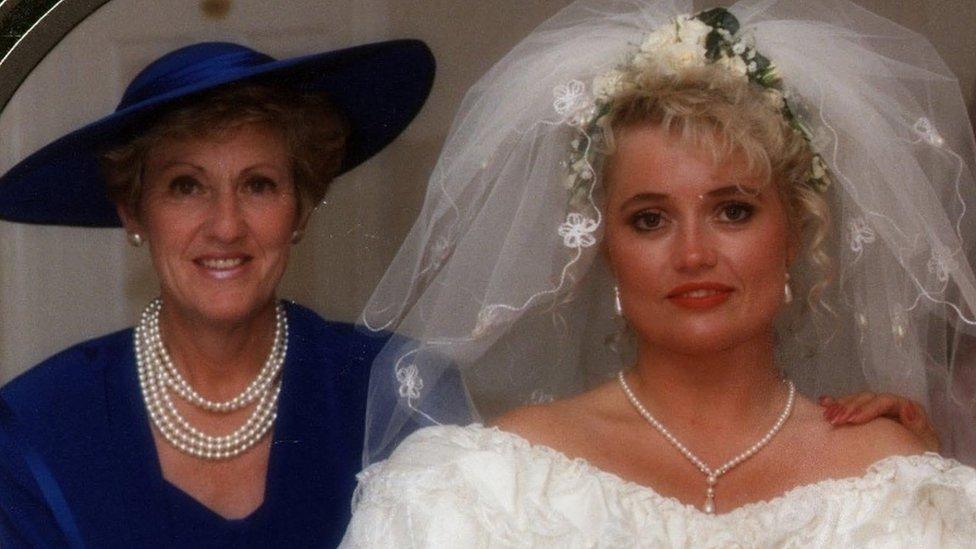
Tracey believes Christopher Farrow would reoffend if released
Farrow's latest parole bid was rejected in June last year, with documents stating he was "likely to re-offend" if released from custody.
On 15 March 1994, he forced his way into the home of 51-year-old Mrs Speakes in Balne Lane, Wakefield.
Farrow, who had a shoe fetish, tied her up and forced her to wear a pair of blue mule shoes, before subjecting her to a sex attack and stabbing her to death.
It took police six years to catch him after advances were made in fingerprint technology.
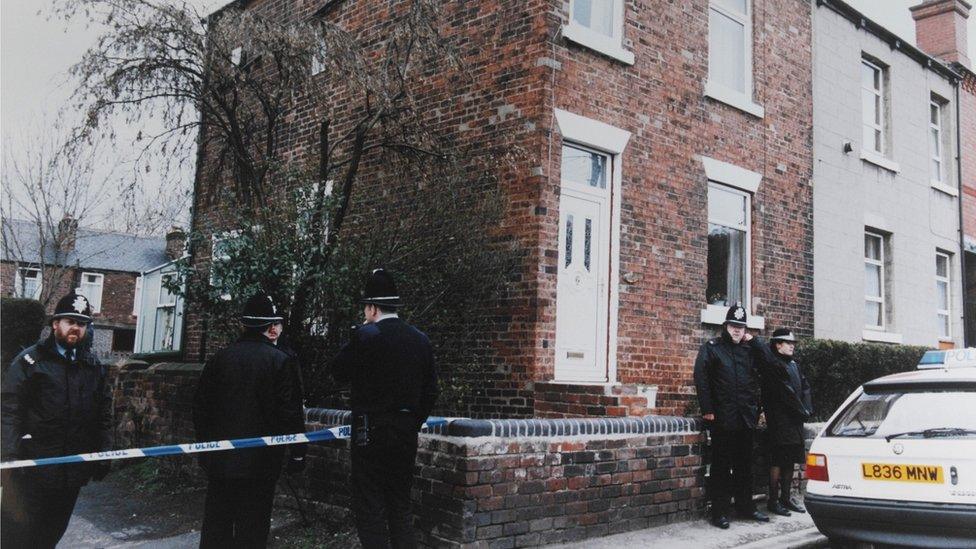
Farrow forced his way into Wendy's home on Balne Lane in Wakefield
Farrow, now aged 63 and originally from Cookridge in Leeds, is currently being held in HMP Whatton, a category C prison in Nottinghamshire.
Ms Millington-Jones said: "Mum should be with us and he has robbed us of that.
"Once someone is locked away for a crime like that people think that's it, that they won't ever come out again, but they do.
"I have to live with the likelihood that he may be released one day soon.
"He will strike again if he ever comes out. The thought of that keeps me going."

Follow BBC Yorkshire on Facebook, external, X (formerly Twitter), external and Instagram, external. Send your story ideas to yorkslincs.news@bbc.co.uk, external.
Related topics
- Published9 December 2020
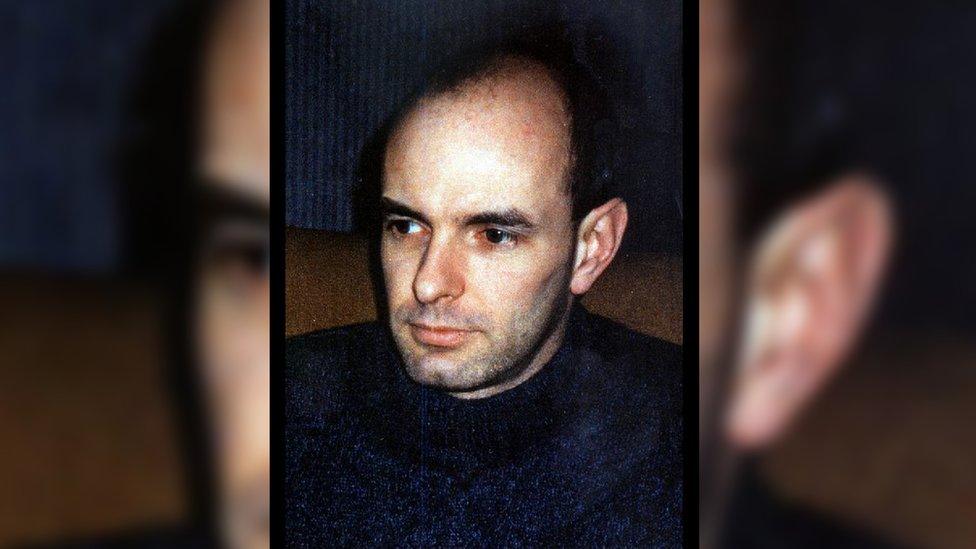
- Published22 November 2022

- Published29 November 2022
